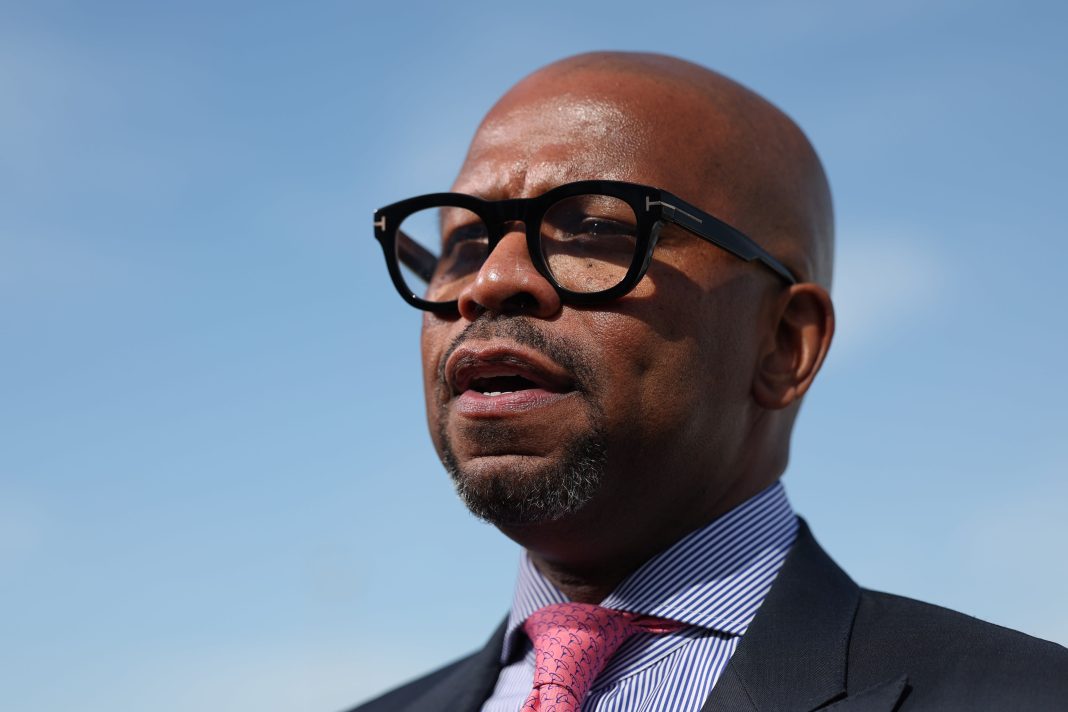In a surprising turn of events within Boeing’s upper echelons, Ted Colbert, the head of the aerospace giant’s defense, space, and security division, has stepped down effective immediately. This shift marks a significant moment for Boeing, particularly as it unfolds under the leadership of CEO Kelly Ortberg, who has been at the helm since early August. In a staff memo, Ortberg emphasized the need for restoration of trust among customers, stating, “At this critical juncture, our priority is to restore the trust of our customers and meet the high standards they expect of us to enable their critical missions around the world.”
Colbert’s departure comes during a turbulent phase for Boeing’s defense unit, which accounted for nearly 40% of the company’s revenue in the first half of the year. Despite this substantial contribution, the unit has faced persistent challenges, including significant production issues and cost overruns. For instance, the much-anticipated 747s designated to serve as Air Force One have been embroiled in delays. Moreover, in the realm of space exploration, Boeing’s Starliner recently returned to Earth without the NASA astronauts it had carried to the International Space Station, a mission that has since drawn attention away from Boeing’s ongoing initiatives.
In response to Colbert’s exit, COO Steve Parker will temporarily assume leadership of the division until a permanent replacement is appointed. This change reflects not only a shift in personnel but also an urgent call for revitalization within Boeing’s defense sector, which has been struggling to meet both operational benchmarks and customer expectations.
It’s worth noting that the defense and space industry is undergoing rapid transformation, with an increasing emphasis on reliability and cost-effectiveness. Recent studies indicate that companies in this sector must navigate a landscape increasingly dominated by technological advancements and competitive pressures from private entities such as SpaceX. The implications of this shift are profound, as firms like Boeing must adapt not only to survive but to thrive in a market that demands innovation and efficiency.
Experts highlight the broader implications of Colbert’s departure, suggesting that it signals a pivotal moment for Boeing. A former executive in the aerospace industry remarked, “Leadership changes at this level often reflect deeper issues within an organization. This could be an opportunity for Boeing to reassess its strategies and realign its focus towards more effective project management and customer engagement.”
As the company moves forward, the emphasis on accountability and performance improvement will be crucial. Stakeholders will be watching closely to see how Boeing navigates this transitional period, particularly in light of its commitments to government contracts and partnerships. The ability to regain customer confidence and deliver on promises will be essential not only for the defense division but for Boeing as a whole, as it continues to grapple with the multifaceted challenges of the aerospace industry.
In conclusion, while Ted Colbert’s exit from his role at Boeing’s defense unit may be viewed as a setback, it also presents an opportunity for rejuvenation and strategic realignment. The path ahead will require concerted efforts to address production challenges, enhance operational workflows, and ultimately, restore trust among stakeholders. As Boeing charts this new course, the aerospace community will be keenly observing the company’s next moves, particularly in an era where innovation and reliability are more critical than ever.

